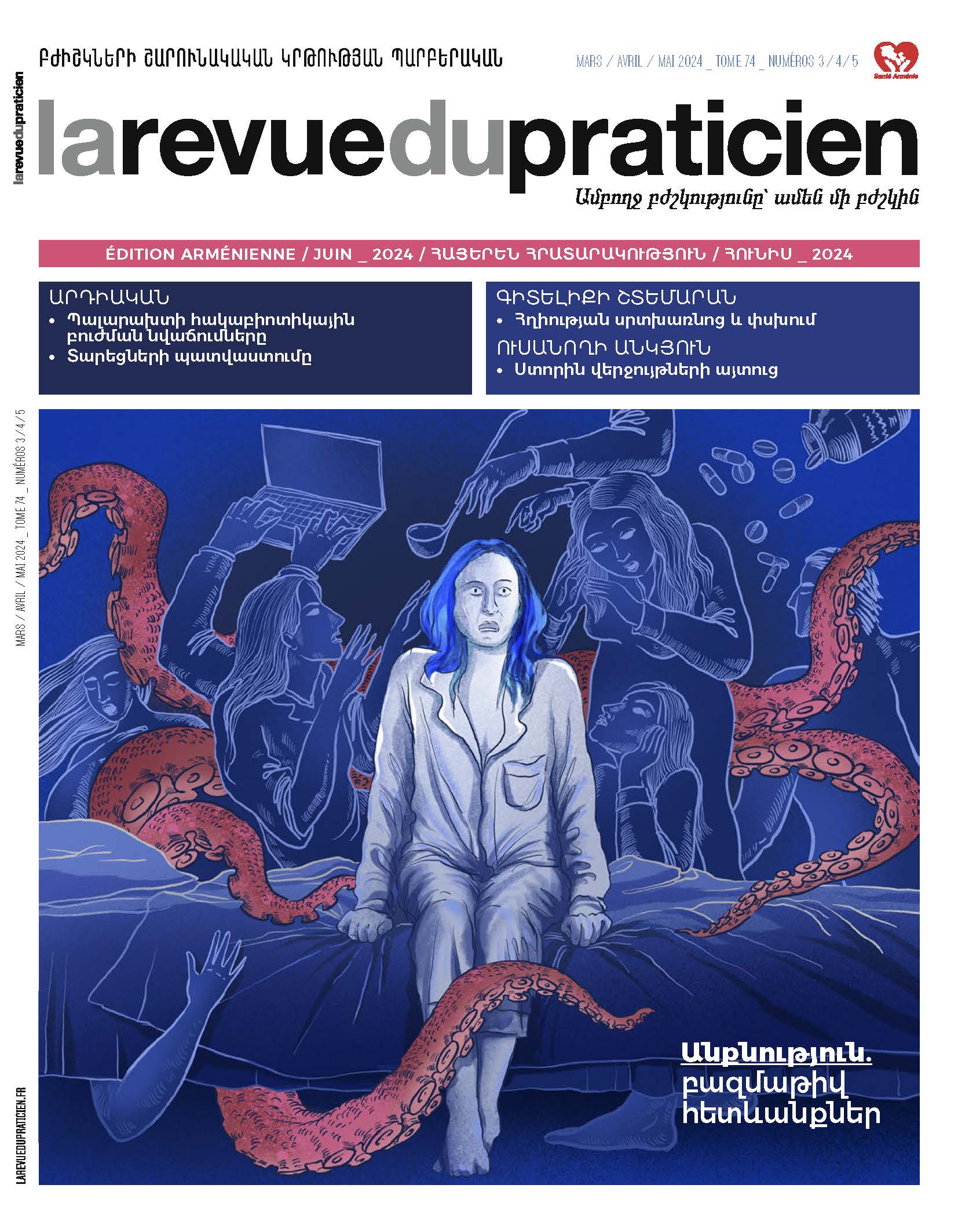Behavioral management of insomnia 56
Sylvie Royant-Parola.Abstract
Behavioral management of insomnia aims to bring about lasting changes in the habits of insomniacs, in terms of sleep schedules, regularity, and organization of the day (naps). Eating and exercise habits also need to be restructured and regularized. The two most effective techniques for improving insomniac sleep are time restriction and stimulus control. Reducing the time spent in bed to 6 or 6.5 hours rapidly leads to an improvement in falling asleep and sleep continuity. For the first few weeks, however, this technique may lead to drowsiness, which the patient should be warned about. Stimulus control try to re-establish the bed=sleep signal, by eliminating time spent in bed without sleeping. Relaxation, meditation, and rhythm synchronization are natural complements of these techniques.
